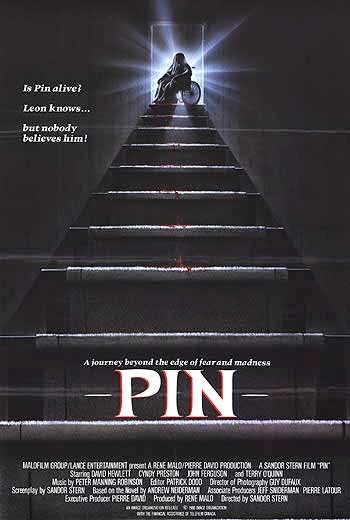Thursday, July 12, 2012
Molto Bene!
How can a movie starring Alec Baldwin, Jesse Eisenberg, Ellen Page, Woody Allen, and Roberto Benigni, written and directed by Woody Allen, a film that features a lively soundtrack and set in and filmed in Rome be so horrible? That is an easy question to answer. It does not come anywhere close to being horrible. Nowhere close. Allen’s new film, “To Rome, With Love,” is fantastic and it is a lot of fun.
“To Rome, With Love” is not deep and profound, nor does it try to be so. I believe that Allen’s intention with this film was to make a light, breezy comedy set in another wonderful European city that he likes. So, what is wrong with all that? It is very well-written and well-constructed as one might expect from a Woody Allen film. I don’t think Allen is capable of making a complete train wreck of a film.
In “To Rome, With Love,” we meet four different sets of people who all find themselves in Rome at the same time. The film moves from story to story quite deftly. As it goes with films such as this, one or two stories usually are more interesting than the others. In the case of this film, I preferred the stories involving Roberto Benigni as a man who becomes instantly famous and the story of Giancarlo (Fabio Armiliato—the actor is a professional opera star) who sings opera at a professional level, but only with some assistance. I am leaving out details of these stories intentionally so I will not be the giver away of spoilers. I do not believe that details of the plot that give things away need to be in a review of a film. Why ruin the movie for someone who has not seen it yet but plans to do so? Pardon my vagueness.
Another story in the film involves Jesse Eisenberg, Greta Gerwig, Alec Baldwin, and Ellen Page, in a tale of romance involving an actress and a student and his girlfriend. The fourth story in the film involves a married couple, each of whom becomes involved with another person through a series of misunderstandings. Hold on. Yes, I know. None of the stories in “To Rome, With Love,” are original, however, it is the telling of these stories, and especially the expert writing of these stories that make this film special. I laughed out loud several times while watching this film.
The best performances in the film belong to Roberto Begnini as the man who finds sudden fame, Woody Allen, who always gives himself great lines, Fabio Armiliato as the singer, and the quartet of actors in the Eisenberg/Gerwig/Page/Baldwin story. There are not any bad performances in this film. The ones I highlighted were simply the ones that I fancied the most.
The only statement that Woody Allen seems to make in the film is a commentary about fame in today’s world of popular culture. You will know what I mean after you see the film. Other than that, I did not find that Woody Allen, with this film, is making any social commentary or is trying to make us think. Allen's script made me laugh often throughout the film. Some of the humor in this film stems from the absurdity of the situations in which the characters find themselves. The Benigni and Armiliato stories, in particular, reminded me of situations you may find in a Luis Bunuel film. I am thinking especially of Bunuel's 1972 film, "The Discreet Charm of the Bourgeoisie" and his 1974 film, "The Phantom of Liberty." Check out these movies, as well. They contain alot of humor that is created from absurd situations.
I enjoyed the song that is used throughout the first thirty minutes of "To Rome, With Love." It is called, “Amada Mia, Amore Mio,” by The Starlite Orchestra. As I suspected while watching the film and hearing the song, it was recorded in the 1970’s, 1977 to be exact. It is a very lively song and sets a perfect mood for the stories we are about to watch. Because of my interest in strange European exploitation films of the 70’s and early 80’s, this song was even more appealing to me as it has the sound of a song one might hear in one of those films. That may sound strange, however, many of those crazy European exploitation films would feature at least one song in them that was out of place and not fitting with the tone of the film, thus, part of the appeal for me of some of those films. The funky song, “Bargain With the Devil,” from the 1974 Italian horror film, “Beyond the Door,” is just one example of this.
“Amada Mia, Amore Mio” fits very well with the setting of the film. I felt as if I was there in Rome. My mind was taken back to the fun times I spent in Italy twenty years ago as a student of the University of Dallas where one may take a class in epistemology should one be so inclined to do so. Perhaps you may say that I was seduced by this film because I had spent such a wonderful time of my life in Italy. This did not hurt, however, as I outlined earlier, there are several reasons why I enjoyed “To Rome, With Love.” If the film would have been set in Tokyo or Stockholm, I would have enjoyed it just as much. While it is still in theaters, I encourage you to see this film, however, it would make a very nice dvd selection as well
should you decide to Netflix it at some point. “To Rome, With Love” is like a pleasant walk through the city of Rome. Having seen it once, I want to go back.
Subscribe to:
Post Comments (Atom)





















































































No comments:
Post a Comment